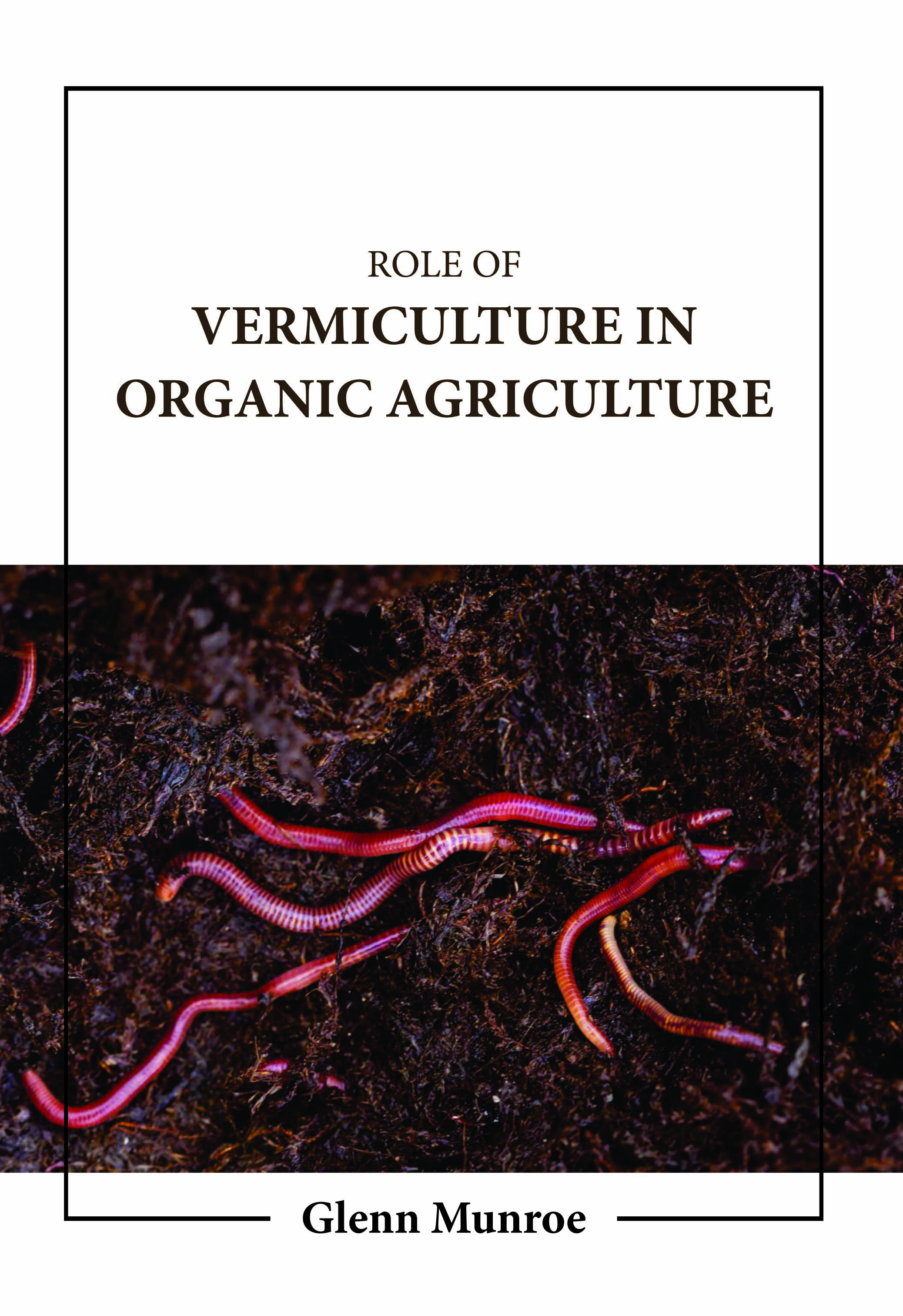
Role of Vermiculture in Organic Agriculture
by Glenn Munroe
| ISBN | 9781806249800 |
|---|---|
| Publisher | Digital Drive Learning |
| Copyright Year | 2026 |
| Price | $269.00 |

by Glenn Munroe
| ISBN | 9781806249800 |
|---|---|
| Publisher | Digital Drive Learning |
| Copyright Year | 2026 |
| Price | $269.00 |
Around 820 million people in the world today are malnourished due to the inaccessibility to nutritious food. Millions of other people in developing countries suffer from acute poisoning due to the use of chemical fertilizers, many of whom die as a result. Consequently, it is imperative to eradicate the excessive use of chemical fertilizers in food production. Vermicomposting contributes many environmental benefits, including waste recycling. Each year, with the increment in human population and consumerism, urban areas produce approximately 1.3 billion tons of waste. The production of vermicompost allocates and repurposes most of these wastes, as earthworms feed on (vermi-meal) industrial, urban, domestic, agricultural, animal, paper and solid waste, and even wastewater. Vermicompost derives from the Latin word vermi for worm, as it is essentially worm castings. During this biological process, earthworms are used to transform organic waste into a nutrient-rich soil that acts as a slow-release organic fertilizer. It is a great sustainable alternative to use as fertilizer and a fantastic way to promote sustainable agriculture in local farming. This book “Role of Vermiculture in Organic Agriculture” covers all the relative aspects of organic farming and is useful reading for every of its users.